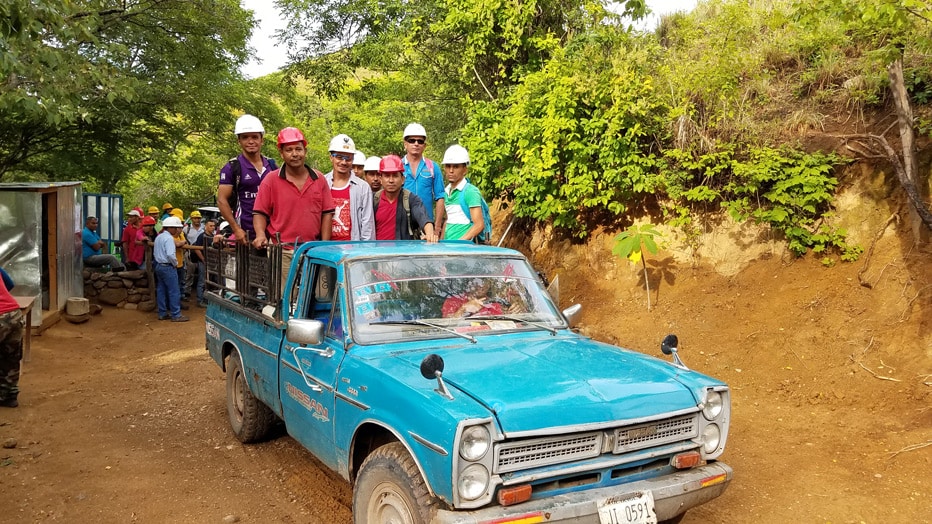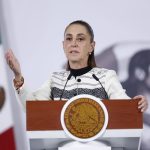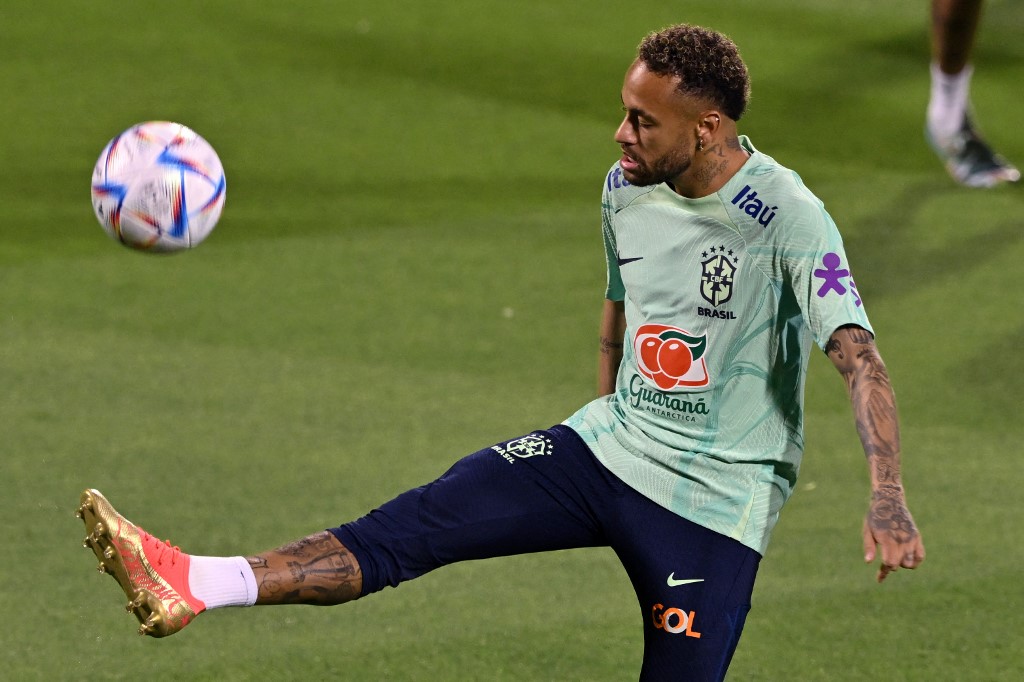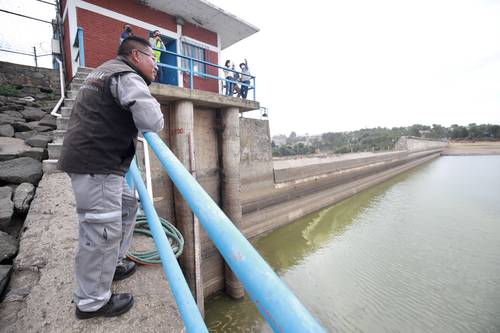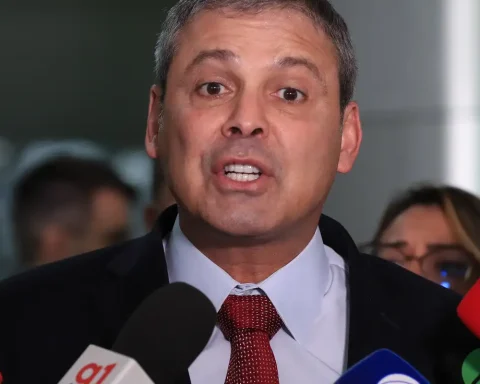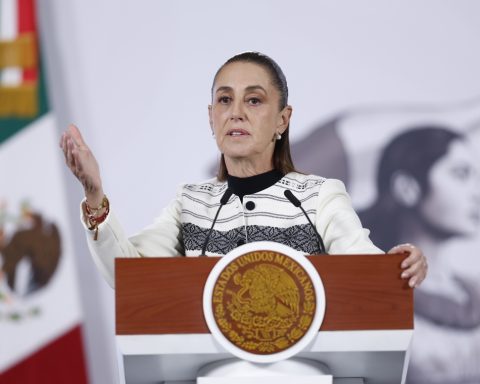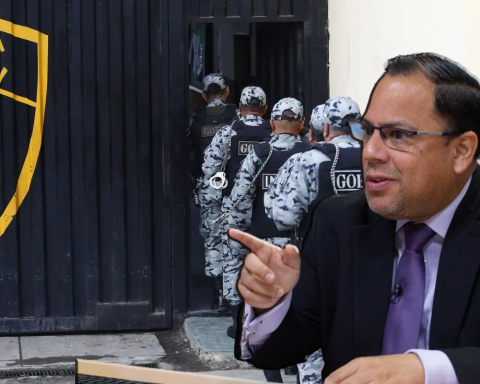Just under a month after announcing that they considered it “unlikely” that US sanctions against the country’s mining industry would have “any impact” on their operations in Nicaragua, Condor Gold, an English-owned company, decided to put its investments in the country up for salethe most valuable of which is the La India Mine, in León.
“Condor Gold… announces that following a financially robust and economically attractive feasibility study, also known as a feasibility study on the La India open pit, it has appointed Hannam and Partners to seek a buyer” for its assets, the company said in a statement. a statement posted on their website.
Although the announcement did not seem to affect the value of the company’s shares on the London stock market — presumably because it was released late — it did on the Toronto Stock Exchange, where it lost a cent and a half on the dollar. Canadian, after starting operations at the price of 35 cents, to close at 33.5 cents, accumulating a loss of 4.29% in the day, and 33% since the announcement was made.
On October 24, the President of the United States, Joseph Biden, expanded the scope of Executive Order 13851 —signed by his predecessor in office, Donald Trump—to dictate new sanctions against the Nicaraguan mining industry, after, at that time, it had already sanctioned two presidents of the Nicaraguan Mining Company (Enimines), as well as the company itself.
President Biden’s signature left open the possibility of including other sectors of the national economyeven though, previously, the United States imposed sanctions against officials of the Nicaraguan energy sectorforcing the dictatorship to make changes to their administrative structures to be able to continue operating an industry that this year it could export some USD 950 millionin line with the goal of exporting USD 1000 million.
Upon learning of the expansion of executive order 13851, an expert from the gold sector who agreed to speak with CONFIDENTIAL From the security of anonymity, he warned that “this may lead to the closure or withdrawal of some of these companies. It is definite that some will try to leave. This announcement could lead to them not even being able to sell their assets and having to abandon them, passing into the control of ‘others’, who must already be rubbing their hands,” he warned.
Don’t worry… nothing happens
Condor Gold’s statement, informing that they were putting their property up for sale in Nicaragua, seemed to contrast notably with the reaction of the industry, which, using very similar words, indicated at different times that they did not believe that the expansion of executive order 13851could affect them.
The first was Caliber Mining Corp, which on Tuesday the 25th he reported from VancouverCanada, which would consult with the United States Department of the Treasury, to understand the scope of these sanctions. Two days later reported that after discussing it with his advisors, he confirmed that the sanctions do not have a material impact on its operations, therefore the La Libertad and El Limón Mine complexes would continue to operate as planned, maintaining their plan to produce between 220,000 to 235,000 ounces of gold in the current year.
The same day, Condor Gold said from London that, after reviewing its current and future operations, and consulting with its advisors, the company’s board of directors concluded that “it is unlikely” that executive order 13851, or the sanctions imposed on the General Directorate of Mines, “will have any impact in its current operations in Nicaragua”.
Later, October 31stAkiba Leisman, CEO of Mako Mining Corp, said that the company – which is also based in Vancouver – was carrying out an internal review of the impact of the US measures on its operations in Nicaragua, in coordination with its US and Canadian advisers, without anticipating “no material change in its operations in Nicaragua.”
A businessman who knows how the Nicaraguan mining industry works, and also asked to keep his identity confidential, told CONFIDENTIAL that, despite what the statements said, “it affected all of them, but in the stock market, that is, in the price of its shares”.
“What they tried to say is that their operational continuity remained intact, because there was no specific sanction against them, but that they were against the General Directorate of Minesas they had previously sanctioned Eniminas, to Bancorpoh the National Policebut they continued to operate normally, although the possibility of sanctioning the imports and exports of the sector remained open,” he acknowledged.
A professional who provides services to another company in the same sector, noted that, in reality, Condor Gold has been looking for a buyer for quite some time without succeeding. “The Condor thing is not because of the sanctions. They had been looking for investors for years and nothing, because setting up a processing plant is very expensive,” he said.
Contrasted with this version, the aforementioned businessman said that “all mining projects are like this: they are looking for investments to finance different stages of their development”, although without denying that this decision was linked to a possible deepening of sanctions, or to the punishment that the markets could give to their actionsbecause of reputational damage.
According to information available on the company’s website, Condor Gold owns 100% ownership of fifteen concessions in four areas of the project, and also owns the concession called “Estrella”, located about 20 kilometers southwest of Siuna, and the “Río Luna” concession, in Boaco.
